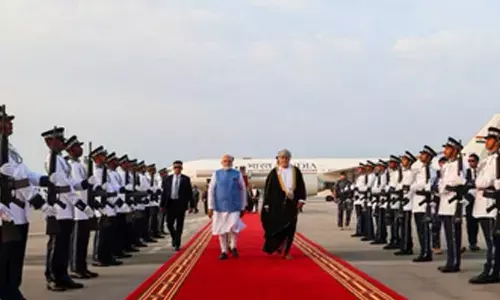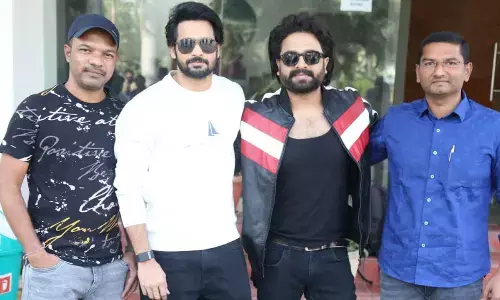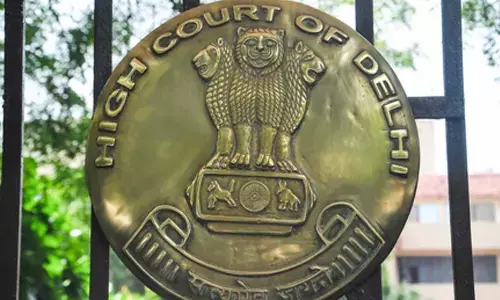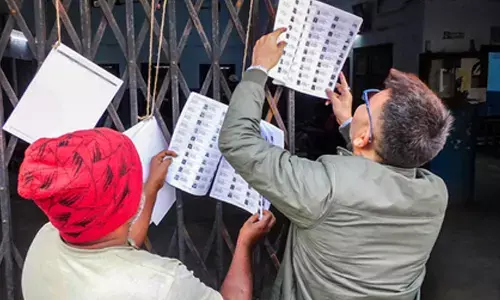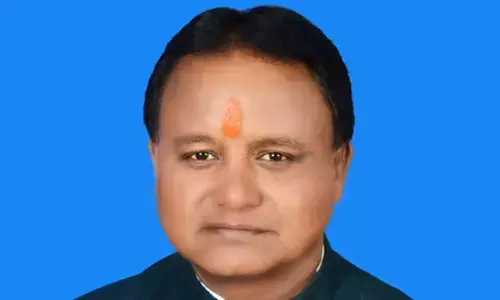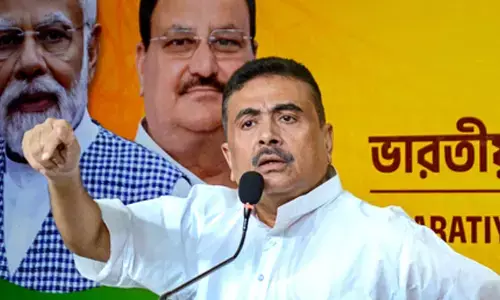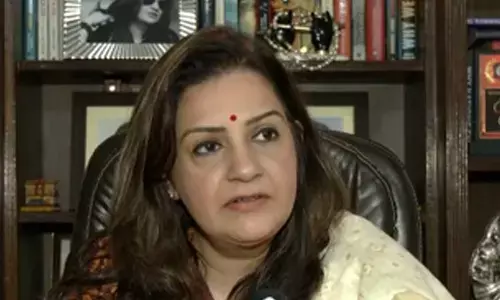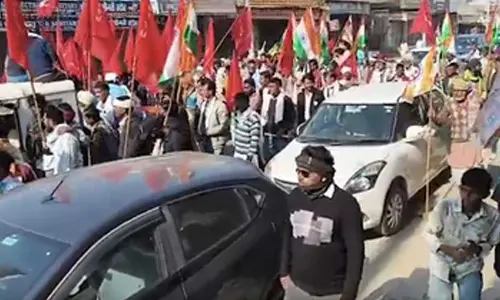Delhi government rapped for opposing technology to combat pollution
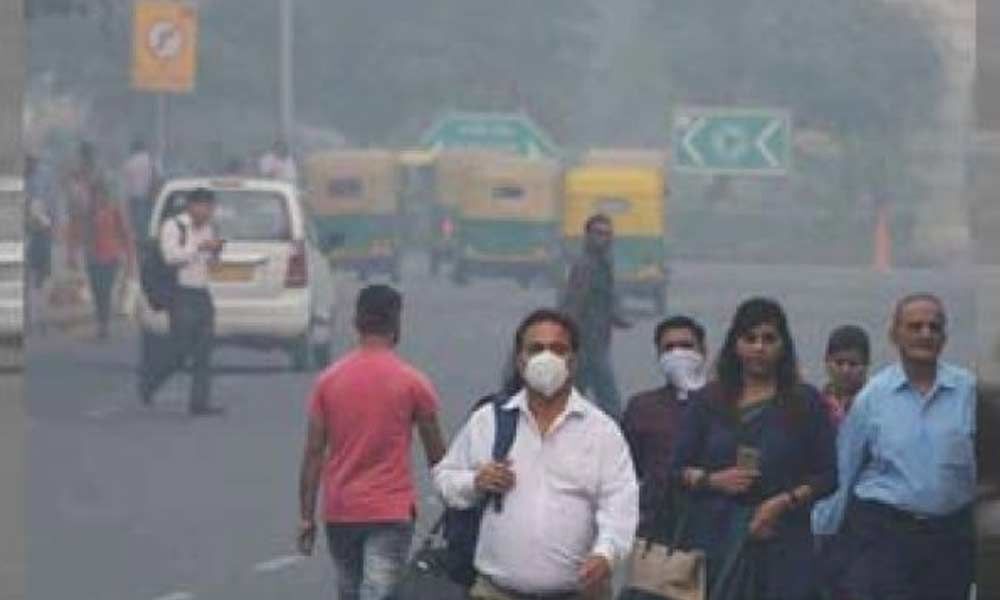
"Don't you want our children to live in good quality air?" the Supreme Court asked on Monday, pulling up the Delhi government for its opposition to the use of remote sensing technology to help identify polluting vehicles.
New Delhi: "Don't you want our children to live in good quality air?" the Supreme Court asked on Monday, pulling up the Delhi government for its opposition to the use of remote sensing technology to help identify polluting vehicles.
In the last hearing on the matter in July, a bench comprising Justices Arun Mishra and Deepak Gupta had asked the Centre and the Delhi Transport Department to respond to the Environment Pollution Control Authority (EPCA) report.
An EPCA report filed in the apex court said it held a meeting on July 16 with all stakeholders or government agencies, including the Ministry of Road Transport and Highways (MoRTH) and the Delhi Transport Department.
The meeting focussed on the implementation of remote sensing devices to monitor pollution emitted by vehicles, which is referred as on-road emissions monitoring. This technology would also capture the images of the number plates of the vehicles breaching the emission norms.
Senior advocate Aparajita Singh, who is assisting the apex court as amicus curiae in the matter, informed the court that the implementation of this technology was very crucial to monitor polluting vehicles.
"The remote sensing technology would help in checking the emission of particulate matter (PM) along with other hazardous gases like nitrogen oxide (NOx) and sulphur oxides (SOx)...
"The Ministry of Road Transport and Highways has already agreed on this matter," Singh argued.
The court asked the Delhi government counsel to identify the ground for opposing the implementation of the technology but could not get a convincing reply.
The top court on Monday has given the green signal to this technology and asked the Delhi government to implement it.
The apex court also alerted the Delhi government to stick to its responsibility for the people in the city, and should offer full cooperation on the matter. The matter has been fixed for further hearing in two months.
The Delhi government, citing the shortcoming of this technology, said: "Out of the 1,76,667 vehicles of whose emission data was validly captured and studied using Remote Sensing Device, only 1,262 were 2/3 wheelers, even though the 2/3 wheelers comprise about 68 per cent of the registered vehicular population in Delhi."
The government also informed the court it was considering purchase of only one or two machines and not five machines as suggested by the EPCA, citing insufficient experience in the implementation of the technology.
This response from the government did not go down well with the court.
The amicus had earlier informed the apex court that the technology was already implemented successfully in Kolkata.
She told the court that an agency which was tasked by the top court to test the technology had scanned 1.76 lakh vehicles and concluded that this technology was useful.
The amicus had requested the top court to ask the Delhi Transport Department and MoRTH to respond to its report on the implementation of the technology.
In contrast to the Delhi government, MoRTH submitted an affidavit indicating its response on EPCA's report.
According to the report, MoRTH shall be required to frame rules under the Central Motor Vehicle Act. These rules will define the scope of the remote sensing programme to enforce and monitor on-road emissions.
According to the EPCA report, this technology will co-exist with the ongoing pollution under control (PUC) programme, which adopts physical verification of emissions of the vehicles.
Moreover, this remote sensing technology can scan thousands of vehicle every day.
The report had pinned the implementation of the programme in the city by the Delhi government and recommended the Transport Department to publish a global tender for the procurement of this technology.
Detailing on the role of MoRTH, the report said it can frame rules regarding the usage of this technology for PUC, which includes penalties to enforce strict pollution norms.
The apex court was apprised on this technology during the hearing of matter connected with rising levels of air pollution in the city.








